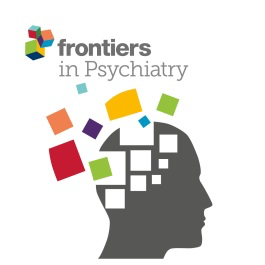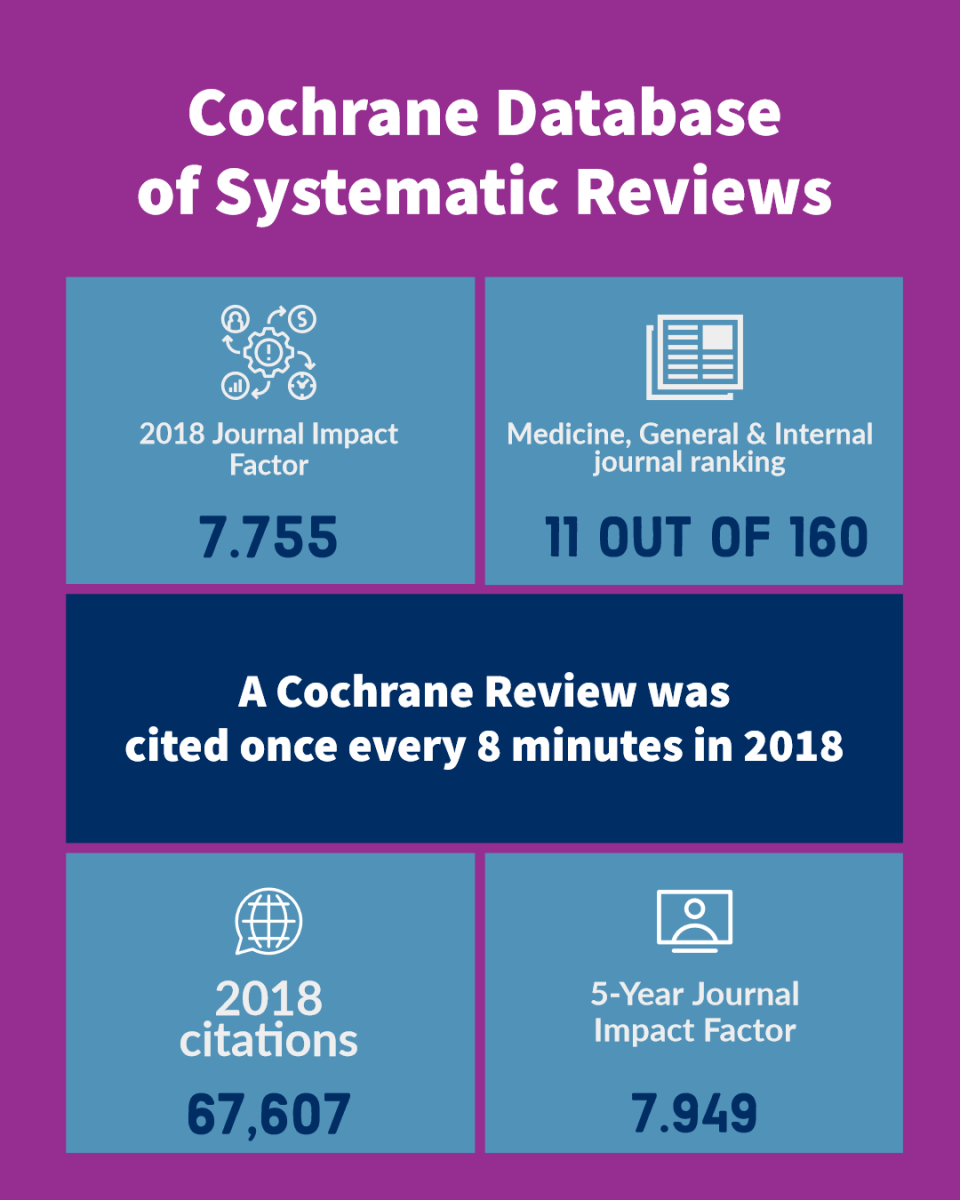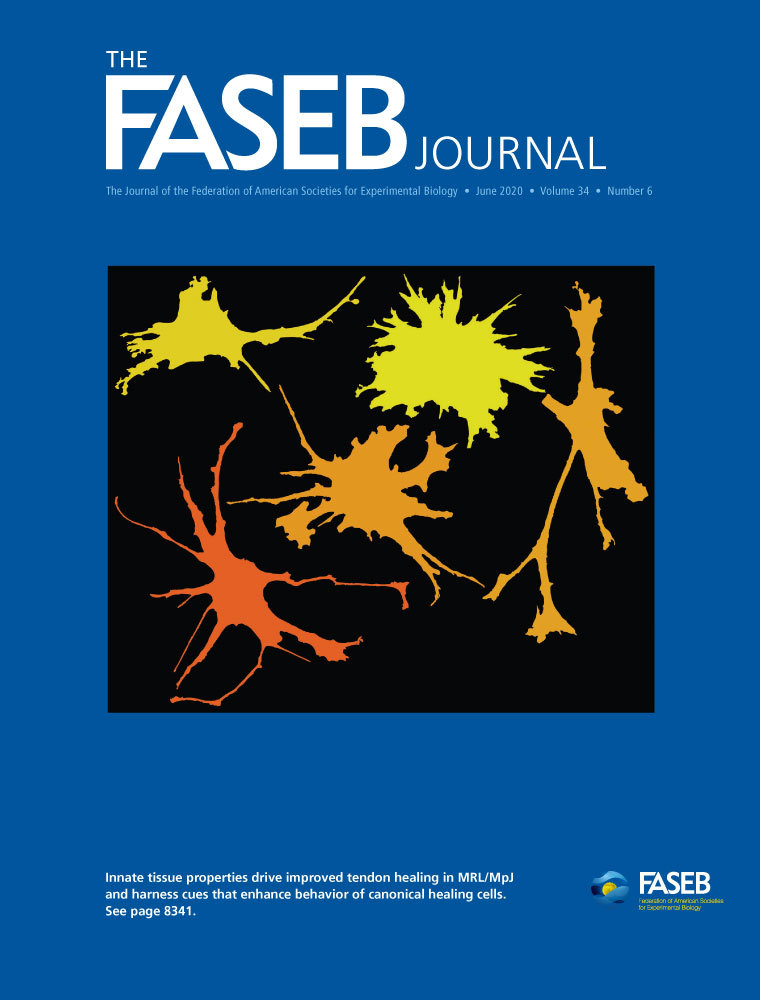Schizophrenia
How to submit an article:
- Registered users can submit any published journal article that has a unique DOI (Digital Object Identifier) name or link to Research Hub.
- For example, you can paste the full DOI link:
https://doi.org/10.1109/5.771073or just the DOI name:10.1109/5.771073into the field above and click submit. - The person who is first to submit a valid article to Research Hub will forever be credited for it, and every article submission earns you +6 Research Points.
Published research studies are articles that present the findings of original research that has undergone a peer-review process and has been made publicly available in scholarly journals, books or other media.

Traditional Chinese Medicine Decoction Combined With Antipsychotic for Chronic Schizophrenia Treatment: A Systematic Review and Meta-analysis
2021 Jan 20 Frontiers in Pharmacology Shi XJ, Fan FC, Liu H, Ai YW, Liu QS, Jiao YG, et al.
It was found that adjuvant treatment with TCM can reduce some side effects and improve the patient's living conditions in the evaluation of the Schizophrenia Quality Of Life Scale (SQLS). Many studies have proved that TCM is safe and well-tolerated. Although the difficulties of using limited TCM remains to be generalized, it still has great potential in the adjuvant treatment of chronic schizophrenia.
Systematic Review Meta-Analysis
Acupoints with potential to treat schizophrenia: A systematic review and data mining analysis
2020 Aug European Journal of Integrative Medicine Wang X, Lin H, Li K, Huang T, Jiang X, Wu S, et al.
Our results provide a reference for the selection and combination of acupoints for clinical schizophrenia treatment and indicate that complete adherence to the CONSORT and STRICTA statements must be ensured while designing clinical trials of acupuncture for schizophrenia treatment.
Systematic Review
The Effects of Acupuncture on Glutamatergic Neurotransmission in Depression, Anxiety, Schizophrenia, and Alzheimer's Disease: A Review of the Literature
2019 Feb 12 Frontiers in Psychiatry Tu CH, MacDonald I, Chen YH
Review Article Anxiety Depression Schizophrenia Mental Health Alzheimer's DiseaseEvidence indicates that acupuncture treatment may be of benefit in several neuropsychiatric disorders, including depression, anxiety, schizophrenia, and Alzheimer's Disease.

Wendan decoction (Traditional Chinese medicine) for schizophrenia
2017 Jun 28 Cochrane Database of Systematic Reviews Deng H, Xu J
When Wendan decoction (WDD) was combined with an antipsychotic, positive effects were found for global and mental state and the combination caused fewer adverse effects.
Systematic Review Wen Dan Tang Schizophrenia
Schizophrenia and Depression: A systematic Review of the Effectiveness and the Working Mechanisms Behind Acupuncture
2015 Jul Explore: The Journal of Science & Healing Bosch P, van den Noort M, Staudte H, Lim S.
Systematic Review Meta-Analysis DepressionAcupuncture seems to be an effective add-on treatment in patients with depression and, to a lesser degree, in patients with schizophrenia.
Research insights are moderated by the Research Hub team and offer an at-a-glance overview of interesting research findings.

2019 Frontiers in Psychiatry
Evidence indicates that acupuncture treatment may be of benefit in several neuropsychiatric disorders, including depression, anxiety, schizophrenia, and Alzheimer's Disease.
Review Article Alzheimer's Disease Anxiety Depression Mental Health
The Effects of Acupuncture on Glutamatergic Neurotransmission in Depression, Anxiety, Schizophrenia, and Alzheimer's Disease: A Review of the Literature
Tu CH, MacDonald I, Chen YH

2015 Explore: The Journal of Science & Healing
Acupuncture seems to be an effective add-on treatment in patients with depression and, to a lesser degree, in patients with schizophrenia.
Systematic Review Depression
Schizophrenia and Depression: A systematic Review of the Effectiveness and the Working Mechanisms Behind Acupuncture
Bosch P, van den Noort M, Staudte H, Lim S.

2015 The FASEB Journal
Serotonin function, influenced by vitamin D and omega-3 fatty acids, plays a critical role in neuropsychiatric disorders and certain behavioral functions.
Review Article ADHD Bipolar Disorder Impulsive Behaviour Mental Health Omega-3 Fatty Acids
Vitamin D and the omega‐3 fatty acids control serotonin synthesis and action, part 2: relevance for ADHD, bipolar disorder, schizophrenia, and impulsive behavior
Patrick RP, Ames BN
Review Articles
Review articles summarise and critically evaluate the current state of research on a specific topic or field by synthesising multiple primary research studies.

Traditional Chinese Medicine Decoction Combined With Antipsychotic for Chronic Schizophrenia Treatment: A Systematic Review and Meta-analysis
2021 Jan 20 Frontiers in Pharmacology Shi XJ, Fan FC, Liu H, Ai YW, Liu QS, Jiao YG, et al.
It was found that adjuvant treatment with TCM can reduce some side effects and improve the patient's living conditions in the evaluation of the Schizophrenia Quality Of Life Scale (SQLS). Many studies have proved that TCM is safe and well-tolerated. Although the difficulties of using limited TCM remains to be generalized, it still has great potential in the adjuvant treatment of chronic schizophrenia.
Systematic Review Meta-Analysis
Acupoints with potential to treat schizophrenia: A systematic review and data mining analysis
2020 Aug European Journal of Integrative Medicine Wang X, Lin H, Li K, Huang T, Jiang X, Wu S, et al.
Our results provide a reference for the selection and combination of acupoints for clinical schizophrenia treatment and indicate that complete adherence to the CONSORT and STRICTA statements must be ensured while designing clinical trials of acupuncture for schizophrenia treatment.
Systematic Review
The Effects of Acupuncture on Glutamatergic Neurotransmission in Depression, Anxiety, Schizophrenia, and Alzheimer's Disease: A Review of the Literature
2019 Feb 12 Frontiers in Psychiatry Tu CH, MacDonald I, Chen YH
Review Article Anxiety Depression Schizophrenia Mental Health Alzheimer's DiseaseEvidence indicates that acupuncture treatment may be of benefit in several neuropsychiatric disorders, including depression, anxiety, schizophrenia, and Alzheimer's Disease.

Wendan decoction (Traditional Chinese medicine) for schizophrenia
2017 Jun 28 Cochrane Database of Systematic Reviews Deng H, Xu J
When Wendan decoction (WDD) was combined with an antipsychotic, positive effects were found for global and mental state and the combination caused fewer adverse effects.
Systematic Review Wen Dan Tang Schizophrenia
Schizophrenia and Depression: A systematic Review of the Effectiveness and the Working Mechanisms Behind Acupuncture
2015 Jul Explore: The Journal of Science & Healing Bosch P, van den Noort M, Staudte H, Lim S.
Systematic Review Meta-Analysis DepressionAcupuncture seems to be an effective add-on treatment in patients with depression and, to a lesser degree, in patients with schizophrenia.
Clinical Trials
Clinical trials are research studies that involve people and are conducted to evaluate the safety and efficacy of new treatments or interventions, such as drugs, medical devices, or behavioural therapies.
Study Protocols
Published study protocols are detailed plans that outline the objectives, methodology, statistical analyses, and organisation of a research study that have been made publicly available for others to review and use as a reference.
Presentation Slides

Review Article
Evidence indicates that acupuncture treatment may be of benefit in several neuropsychiatric disorders, including depression, anxiety, schizophrenia, and Alzheimer's Disease.
Tu CH, MacDonald I, Chen YH

Systematic Review
Acupuncture seems to be an effective add-on treatment in patients with depression and, to a lesser degree, in patients with schizophrenia.
Bosch P, van den Noort M, Staudte H, Lim S.

Review Article
Serotonin function, influenced by vitamin D and omega-3 fatty acids, plays a critical role in neuropsychiatric disorders and certain behavioral functions.
Patrick RP, Ames BN
Executive Summary
Write an executive summary in the form of a blog article on the topic of "Research into Chinese medicine treatment for Schizophrenia" summarising the research below and using language that can be easily understood by patients and avoiding medical jargon using a professional and caring tone of voice.
Write an executive summary in the form of a blog article on the topic of "Researched Chinese medicine treatments for Schizophrenia" summarising the research below in an objective and easy to understand way, and using language that can be easily understood by patients. Group the article into Chinese medicine treatments first, followed by nutrition and other treatments. Avoid using medical jargon and use a professional and caring tone of voice.
Write me a concise but easy to understand executive summary on the topic of "Chinese medicine treatments for Schizophrenia" based on the following research that I will give you. Your summary should be 2 paragraphs long in Australian English spelling and include references to the studies.
A Review Article published in 2019 in the journal Frontiers in Psychiatry found that Evidence indicates that acupuncture treatment may be of benefit in several neuropsychiatric disorders, including depression, anxiety, schizophrenia, and Alzheimer's Disease. The pathophysiology of these disorders may be associated with glutamate dysregulation, marked by a high rate of glutamate release and elevated expression of glutamate receptors and glutamate transporters in the CNS. The ability of acupuncture stimulation to modulate glutamate receptor and EAAT expression suggests that the treatment effects of acupuncture are underpinned by its intervention in the dysregulated glutamate system. Further preclinical and clinical studies are needed to clarify the possible mechanisms of acupuncture in these neuropsychiatric disorders and to establish protocols for treatment guidelines.
A Systematic Review published in 2015 in the journal Explore: The Journal of Science & Healing found that Acupuncture seems to be an effective add-on treatment in patients with depression and, to a lesser degree, in patients with schizophrenia. The overall clinical results on using acupuncture to treat depression are promising, but only limited evidence for its effectiveness in treating schizophrenia was found. Acupuncture improves the quality of life, particularly that of sleep, in psychiatric patients. Brain research has revealed that acupuncture has a modulating and normalizing effect on the limbic–paralimbic–neocortical network (LPNN), including the default mode network. Because the LPNN is related to sleep and emotions, this might explain the improved qualities of life and sleep after acupuncture.
A Review Article published in 2015 in the journal The FASEB Journal found that Serotonin function, influenced by vitamin D and omega-3 fatty acids, plays a critical role in neuropsychiatric disorders and certain behavioral functions. The paper synthesizes prior research into serotonin's role in managing various brain functions and behaviours, and how its dysfunction is commonly seen in conditions like attention deficit hyperactivity disorder, bipolar disorder, schizophrenia, and impulsive behavior. The researchers then put forward potential mechanisms showing the influence of vitamin D and the marine omega-3 fatty acids, eicosapentaenoic acid and docosahexaenoic acid, on serotonin synthesis, release, and function in the brain. Serotonin in the brain is synthesized from tryptophan by tryptophan hydroxylase 2, a process that is activated by a vitamin D hormone. Possible mechanisms proposed include eicosapentaenoic acid increasing serotonin release from presynaptic neurons by lowering E2 series prostaglandins, and docosahexaenoic acid affecting serotonin receptor action by increasing cell membrane fluidity in postsynaptic neurons. The study posits that suboptimal levels of vitamin D and omega-3 fatty acids, in combination with genetic factors at key developmental stages, could lead to dysfunctional serotonin activation and function – a possible underlying mechanism behind neuropsychiatric disorders and depression. The paper suggests that optimizing vitamin D and marine omega-3 fatty acid intake could potentially curtail and modulate the severity of brain dysfunction.
Moderation Tools
Topic
Sign In
Users not signed in are limited to viewing the 5 most recent items of content.